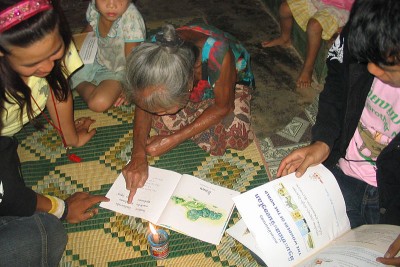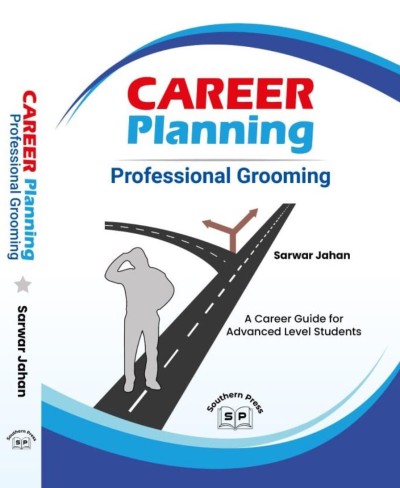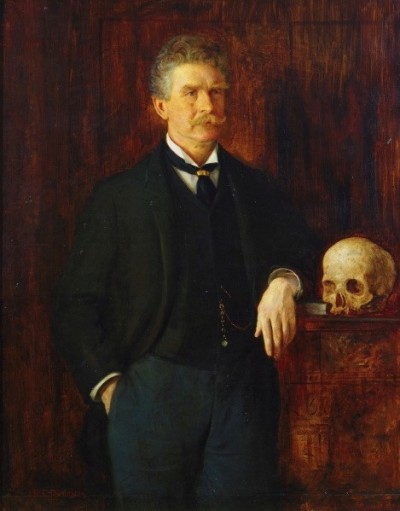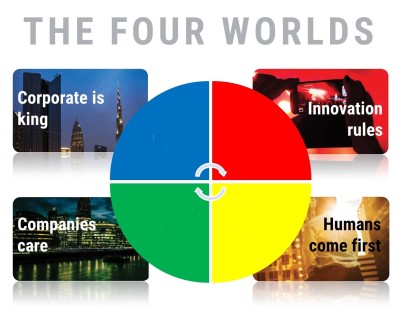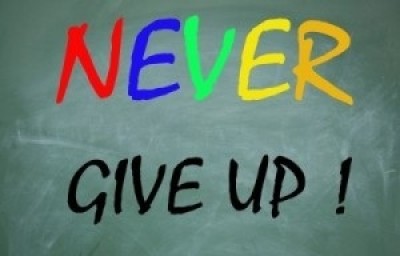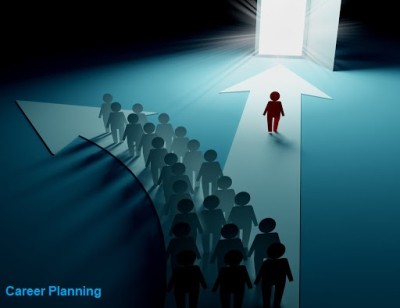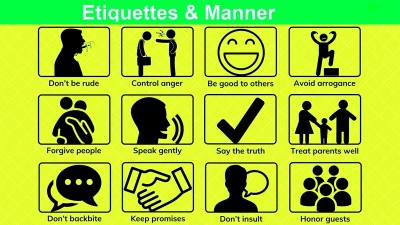Course description
Bangladesh has a reputation for improving access to education. Over the last few decades, there has been economic growth, increased investment in human development, poverty alleviation, access to microcredit, and improved education and health. Despite lifting many people out of poverty, however, there are still millions, especially children, who lack amenities such as clean drinking water, two nutritious daily meals and basic schooling. This points to challenges which can be overcome with the right polices, proper resource allocation and a commitment to making a difference for those in need.
The reality for a child born in an urban, educated, affluent family is vastly different from one born into a poor household with illiterate parents, in a remote village. The potential to learn and grow is the same in both cases but the opportunities are very different. We all know that education plays a transformative role in life. There are data to show that education improves economic opportunities not just for the individual, but also for the family, community, society and country at large. It leads to longer, healthier lives with enhanced quality of life. Education creates building blocks and reinforces positive relations in society; therefore, people with higher education have stronger beliefs about democracy. Nonetheless, while Bangladesh has made excellent progress in enrolling children in schools, it still has a long way to go to make its education system work for all children. The following are some of the key education issues that the country needs to tackle to give its children the best opportunities to fulfil their potential.
It is important to recognise that schooling is not the same as learning, and schools today are failing the learners as minimal learning is taking place inside the four walls of classrooms. Schooling without learning is a wasted opportunity. There are four immediate factors that stop learning from happening: i) unskilled and demotivated teachers, ii) unprepared learners, iii) weak school management, and iv) school inputs that don’t affect teaching and learning. Reading proficiency is low in most countries and research from Bangladesh shows that children who cannot learn to read properly by grade 2 struggle to catch up for the rest of their lives, often dropping out of school. Poor children learn the least here which hurts them the most and limits their prospects of socio-economic development.
The great schooling expansion in Bangladesh during the ‘90s provided many children with access to education, but it has also left behind far too many. Poverty, gender, ethnicity, disability, geography and income are factors that explain most schooling disparities. School completion is higher for rich and urban families whereas for poor parents, schooling requires trade-offs. Girls from poorer households often have the lowest rates of attainment which makes the challenge of early marriage greater.
Bangladesh needs to focus on making its education system work. Measures for improving learning need to guide action. Schools need to measure gaps in learning, track progress of learners, test students when corrective action is still possible, and get access to public resources for learning. Bangladesh has a rich tradition of public libraries and a book-reading culture at home which need to be used as a resource to encourage learning for all. Teachers need to be trained in child-centred teaching approaches, have increased contact hours with students, and be motivated to do an honest job.
Finally, the education system needs to be aligned with student learning and not only information giving. Community-led school management committees are already very active in most districts. The level of interest shown by community elders and mothers is particularly high as they really value education. They need to play a strategic role here. There needs to be school-based budgeting and leadership with decentralisation and empowerment. Providing quality education and producing learning is complex but investments of time, resources and efforts to change what happens inside a classroom is worth it, for children are the future. They belong to the nation and they need to be prepared to take this country to new heights in knowledge, economy, science and technology.
I would like to end with a quote by Emma Goldman, “No one has yet realised the wealth of sympathy, the kindness and generosity hidden in the soul of a child. The effort of every true education should be to unlock that treasure.”
Images:
1. Primary school: https://commons.wikimedia.org/wiki/File:Madanpur_primary_school_netrokona.jpg
Tawfique forhad forhad2001@gmail.com, CC BY-SA 4.0 , via Wikimedia Commons
2. Village: https://commons.wikimedia.org/wiki/File:Bangladesh_Village_.jpg
Sujan Din Muhammad, CC BY-SA 4.0 , via Wikimedia Commons
3. Reading: https://commons.wikimedia.org/wiki/File:Elderly_Lao_woman_reading.jpg
Blue Plover, CC BY-SA 2.5 , via Wikimedia Commons
4. Students: https://commons.wikimedia.org/wiki/File:Madrasa_students_in_Kadam_Mubarak_Mosque.JPG
Intakhab ctg, CC BY-SA 4.0 , via Wikimedia Commons

